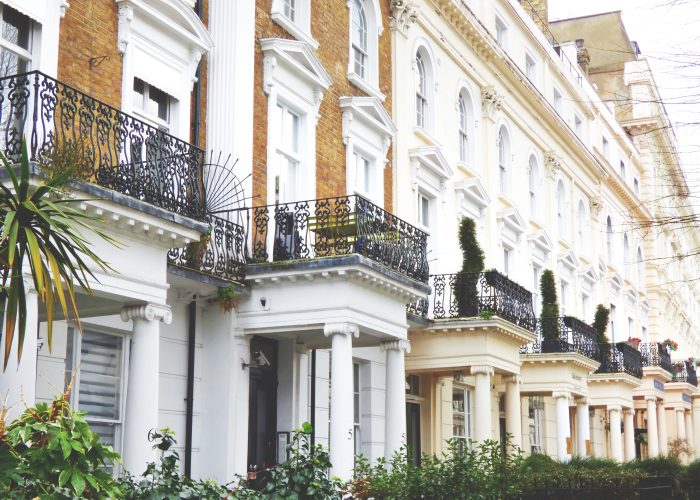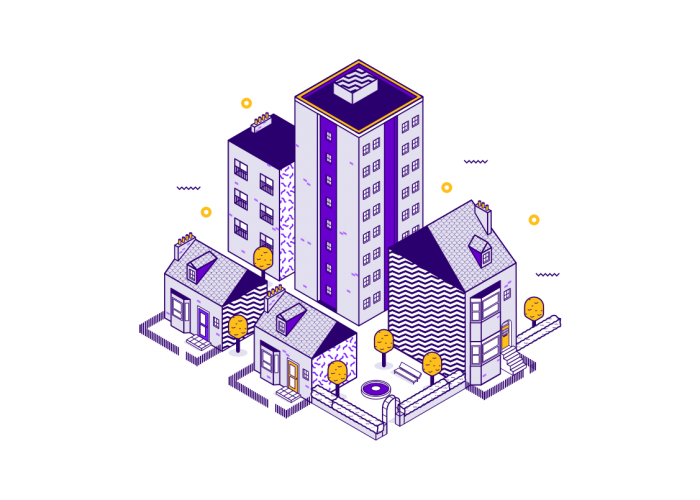
Recently, the Chancellor of the Exchequer Rishi Sunak delivered a ground-breaking UK Budget in the midst of the COVID-19 pandemic. Welcome to our four-part series setting out what this Budget could mean for you when it comes to your properties and investments.
Welcome to the third part of our four-part series covering what the Budget could mean for you when it comes to your properties and investments.
Capital Gains Tax allowance
The Capital Gains Tax-free allowance is currently £12,300 for individuals and has been frozen until spring 2026.
You need to have made a certain amount of profit (‘gains’) on your items to be taxed on them. This amount depends on whether you are a basic-rate or higher-rate taxpayer, and what the current tax-free allowance is for the tax year.
What do you need to pay Capital Gains Tax on?
Investments that you might have to pay capital gains on include:
- a second property or buy-to-let
- shares and funds, unless they’re held in an Isa or pension
- the sale of a business valuables such as jewellery
- antiques and art
Business assets you may need to pay CGT on include:
- land and buildings
- fixtures and fittings
- plant and machinery, for example a digger
- shares
- registered trademarks
- your business’s reputation
You will need to work out your gain to find out whether you need to pay tax.
Capital gains tax on properties
If you sell a property in the UK, you may need to pay CGT on the profits you make. You generally won’t need to pay the tax when selling your main home.
You will usually face a CGT bill if:
- selling a buy-to-let property
- selling a second home.
- if your home is partly used as a business premises
- if you lease out part of your property
If you sell a house more than you bought it for you might need to pay CGT on the difference. This only applies to second homes or rental properties. You can keep all the profits when selling your main home.
You’ll pay 18% capital gains tax if you’re a basic tax rate payer or 28% if you are a higher rate tax payer.
Income Tax
The capital gain tax allowance is linked to your income tax thresholds and decide whether you are in the basic tax band (20%) or higher-rate tax band (40%).
Usually, the thresholds for tax rise with inflation but the Chancellor froze the thresholds until spring 2026.
The personal allowance from 6th April:
- Basic rate tax threshold will rise from its current level of £12,500 to £12,570 and frozen until April 2026
- Higher-rate tax threshold will raise from the current level of £50,000 to £50,270 and held there until April 2026
- Earnings of above £150,000 will be taxed at the highest rate of 45%.
Articles
Our latest blog articles

EFFECTS OF BREXIT AND COVID-19 ON THE LETTINGS MARKET
On 31st January 2020, the UK officially left the European Union, a decision which came to be known worldwide as Brexit. This move marked unpredictabil...

The Rise in Buy-to-Let Demand
A buy-to-let property is an investment someone makes on a property with the expectation of receiving a profit when it is sold. An investor typically ...

Business as Usual!
Following government guidelines on the second lockdown, naccs continues to be fully operational The guidance from the secretary of state for housing ...